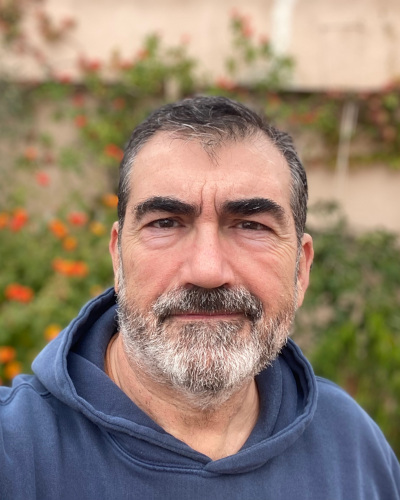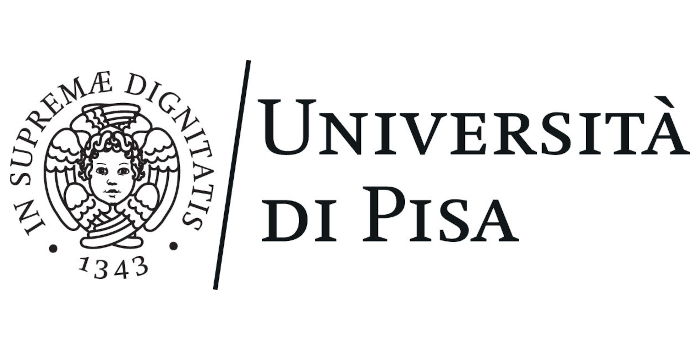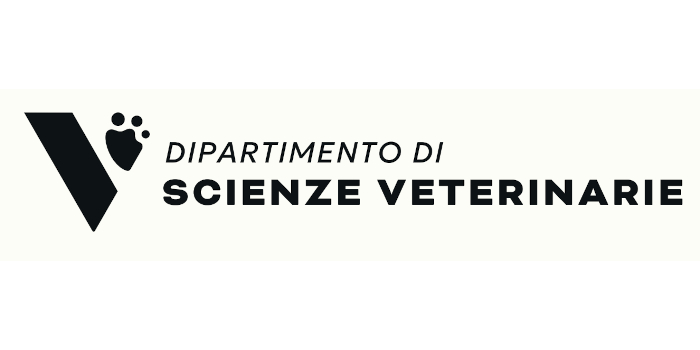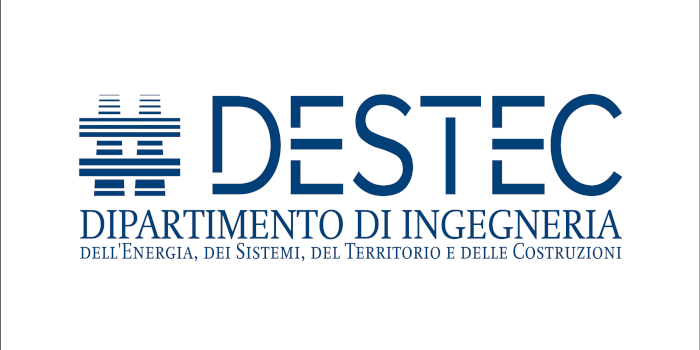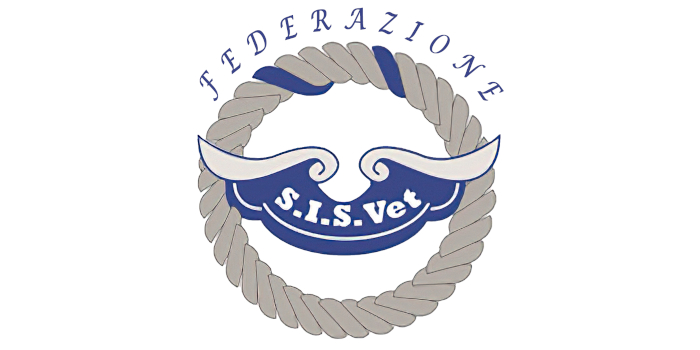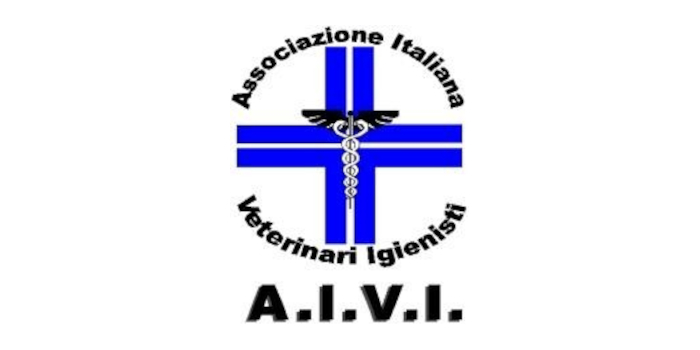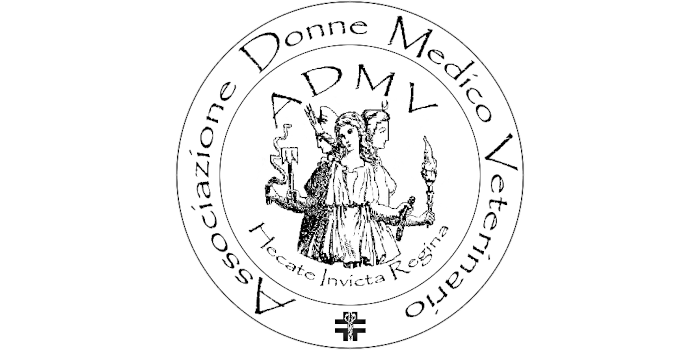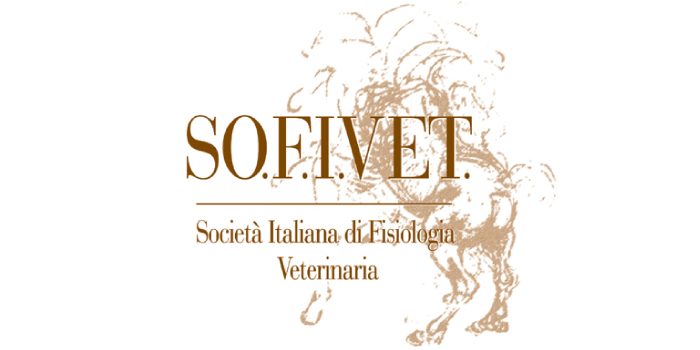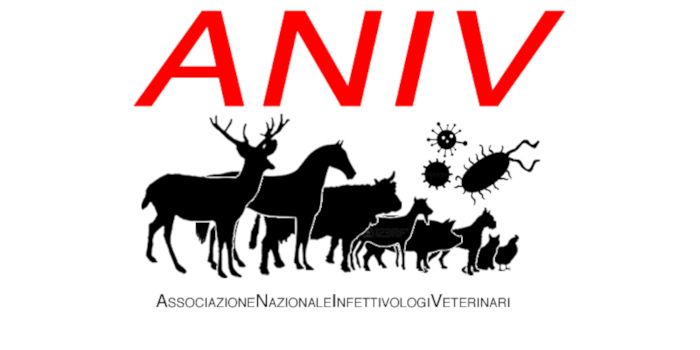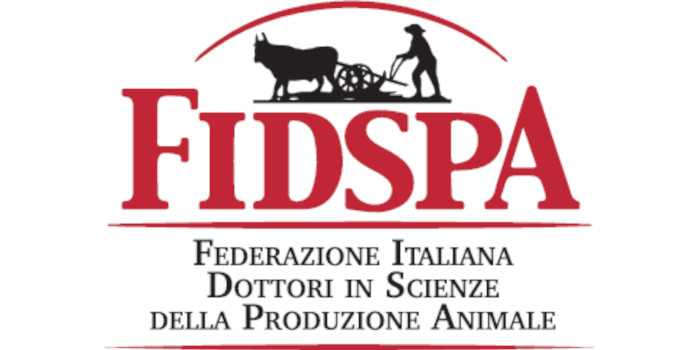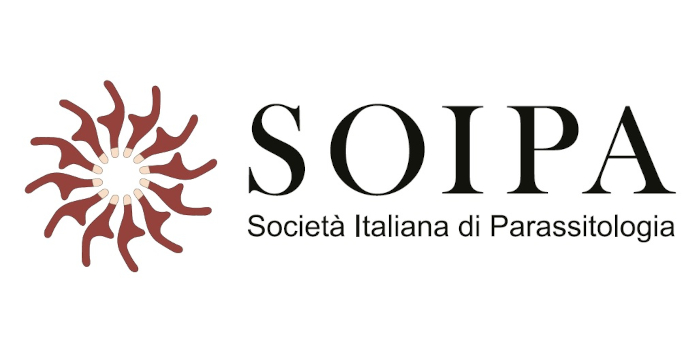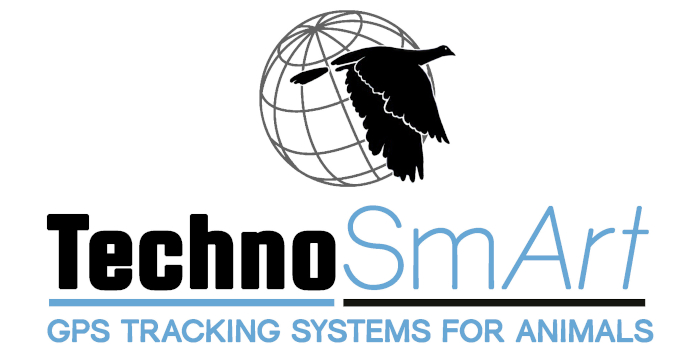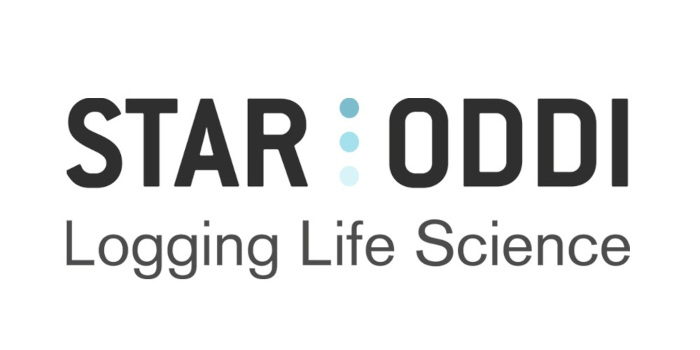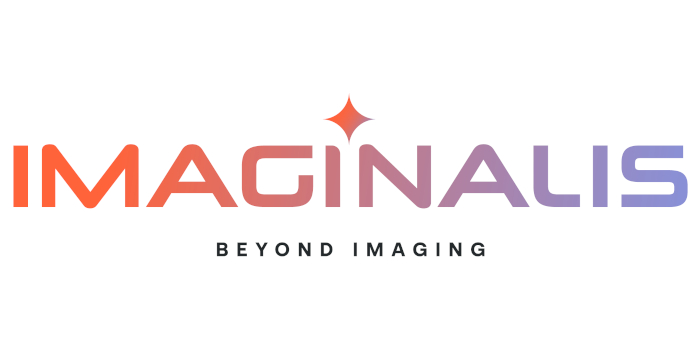SPECIAL SESSION #1
Biologging in Veterinary and Animal Sciences: Measuring Physiology, Behaviour and Movement
ORGANIZED BY
José Alfonso Abecia
Universidad de Zaragoza
Asgeir Bjarnason
Star-Oddi Ltd., Iceland
ABSTRACT
This session focuses on the innovative applications of biologging technology in veterinary and animal sciences, with a special emphasis on domestic animals or wildlife in their natural habitats using implantable or externally attached sensors. As biologging devices become more sophisticated, researchers are gaining unprecedented insights into health, behaviour and ecological interactions of various animal species. The session will cover the latest methods of biologging with implantable and external sensors including heart rate and temperature monitoring, activity sensing and GPS tracking to address pressing issues in animal welfare, animal behavior, disease monitoring, circadian rhythms and conservation. Presentations will highlight case studies in large mammals, birds, and aquatic species, illustrating how biologging can inform management practices, improve animal welfare, and help prevent disease outbreaks. This session aims to bring together veterinarians, ecologists, and animal science researchers to discuss the ethical considerations, technical challenges, and data integration methods involved in biologging.
TOPICS
This special session is aimed to (but not limited to) the collection of new and innovative works regarding:
- Physiological monitoring;
- Welfare monitoring;
- Wildlife and domestic animal tracking;
- Health monitoring;
- Conservation management;
- Ecological behavior;
- Activity and movement analysis;
- Disease prevention;
- Ethical considerations in biologging.
ABOUT THE ORGANIZERS
Alfonso Abecia, (PhD, Dip ECSRHM) is Full Professor of Animal Production at the Department of Animal Production and Food Science of the Faculty of Veterinary Medicine of the University of Zaragoza, and director of the Research Institute in Environmental Sciences of Aragon (IUCA). He obtained his degree in Veterinary Medicine in 1988 (Universidad de Zaragoza) and his doctorate in 1992 (same university). He spent a year and a half as a postdoctoral researcher at the Macaulay Land Use Research Institute in Aberdeen, Scotland (1992-1993). His main areas of research are the study of the relationships between nutrition and reproduction in sheep, the use of melatonin to improve lamb production, and how socio-sexual signals arise from sexual activity in sheep. It is also involved in aspects of precision farming, such as electronic identification, virtual fences, accelerometers and biologgers. He is the former president of the UEECA (Union of Spanish Entities of Animal Science), which is the association of the thirteen animal science societies present in Spain.
Asgeir Bjarnason , received his M.Sc. in Biomedical Engineering from Tampere University of Technology in 2011. He has worked on implantable measurement devices since 2008 in over 150 animal models specializing in ECG, heart rate, temperature and acceleration. From 2012 he has been the lead designer of Star-Oddi’s implantable sensor product line. An IEEE member for 14 years, author of five journal publications and has presented research in various international conferences.


